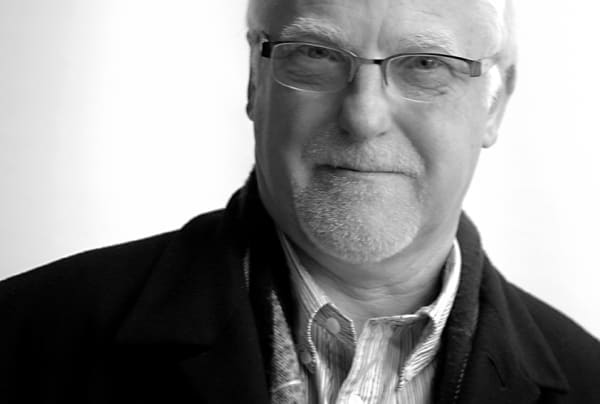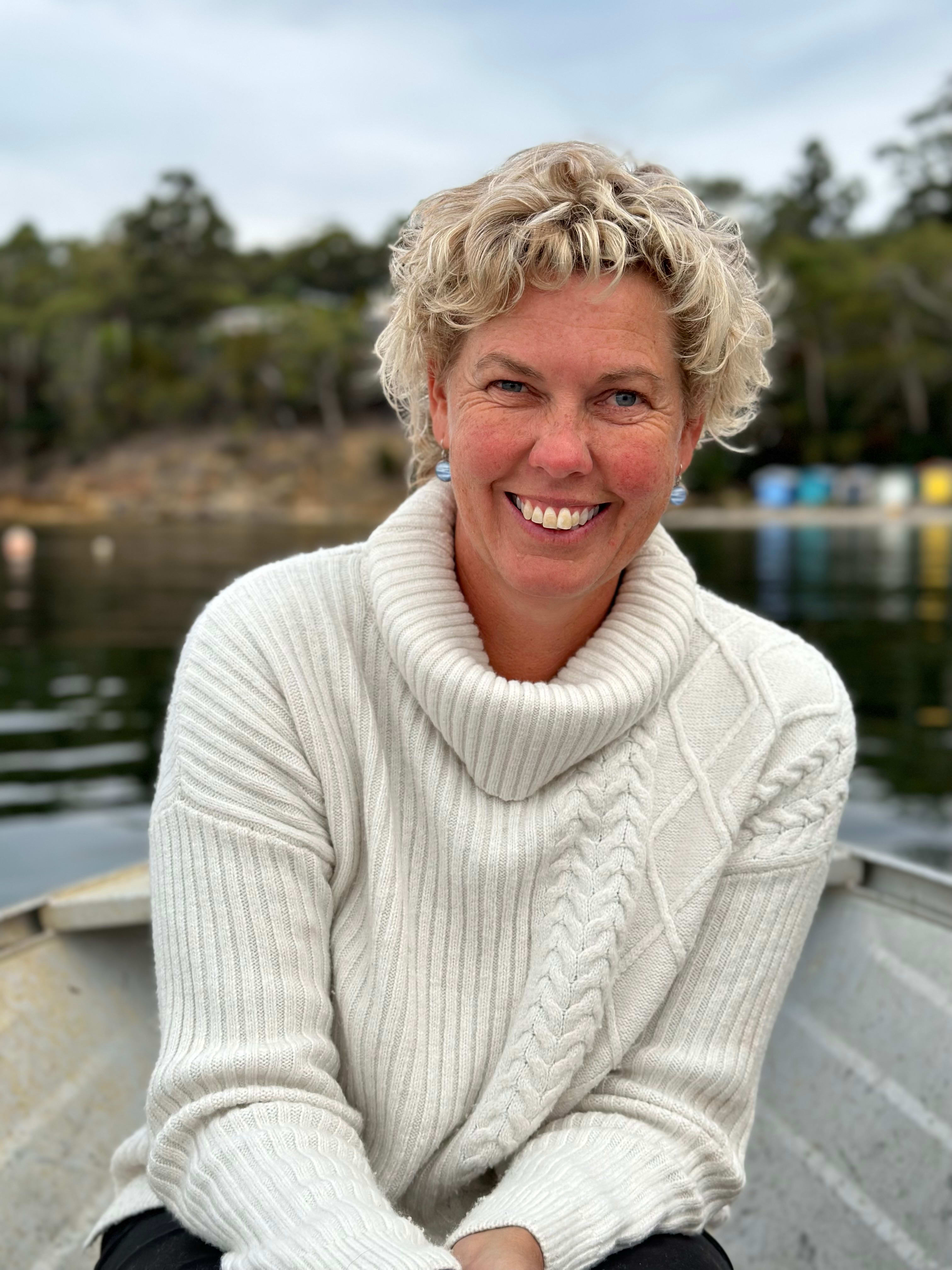A founding father of Forty South magazine and one of Australia’s finest journalists
One day late last century, I was walking along a then uncrowded Salamanca Place somewhere near the Hobart office of The Australian – when it was still a great newspaper – when I saw the familiar face.
“G’day Monty.”
“Boyler.”
The traditional greeting style of blokes who went to school together.
“Got time for a coffee?”
“Yes mate.”
Like most Burnie High School alumni, we had sought refuge elsewhere. Monty had headed off to university via Launceston High School, where he met Vicki. She was in Year 11 and he was in Year 12. They were pretty much together from then on. From there they went off to university in Hobart, while I joined the Navy.
There is always much to talk about with school mates. We had been friends since the “best years of our lives” at Burnie High, and though separated for a decade or so, we had reconnected through sailing.
Bruce Montgomery was, at the time of this meeting at Salamanca, in the midst of his distinguished career as one of Australia’s finest and most fearless journalists. Monty began his career as a cadet in the ABC newsroom in Hobart in 1968 before moving on to the Launceston Examiner two years later.
By now he and Vicki had married and the young couple bravely moved to England – well he was in fact a Londoner who had emigrated to Tasmania. They remained there for two years while he worked for Bucks Free Press in High Wycombe. Monty then returned to the Examiner before, in 1976, re-joining the ABC as a radio and TV political reporter.
However, his natural home was The Australian, where he had wide range of roles. This newspaper was to define his career. As Hobart correspondent, he was often referred to by his colleagues as the foreign correspondent. We all know what mainlanders are like. His was a one-man branch office, the office being in Salamanca Place from where he produced his excellent daily news and regular feature stories. He was also an excellent photographer.
There was plenty of controversy during these turbulent years – the environment, forestry, the flooding of Lake Pedder, political scandals.
Monty, many times, stood toe to toe with politicians of all stripes, all of whom were convinced they were important. He was never a stranger to conflict and no-one ever questioned his integrity.
Bruce Montgomery
But now, back to Salamanca Place.
“Boyler, we are in the process of starting a magazine. Would you be interested in being an investor?”
After a moment’s thought, “Yes, Monty, I would.”
So, some months later I found myself not only investing in 40°South but also writing and editing for the magazine. It was a helluva step from teaching physics at The Hobart College, but I received the very best of mid-life training from a bloke at the peak of his profession. And it was all done on our tiny, square-eyed Mac computers with 3¼-inch floppy disks that weren’t floppy. We had to get extra RAM installed just to be able to use the marvellous new email.
40°South, later the renamed Tasmania 40°South, was to become an icon. I was soon to be hurled into a completely new career as its editor and Tasmania remains, to this day, the only state with its own magazine.
Thanks Monty – you certainly enriched my life.
And now let me take you back to Burnie High School days.
Montgomery and Boyles arrived in the same year, in the early ’60s, when Burnie High was a sort of government grammar school. We had to sit a selective exam to be admitted to the place.
My first memory of Monty was his being called out for being a Pom – bullied, we would call it now. We were both still in short pants. Being bullied was normal and the short pants provoked derision and “grassing” – shoving wet grass in bulk up the legs of the aforementioned short pants. This was considered hilarious and was inevitably followed by castigation from teachers for poor dress standards and wrath from mothers for failing to take proper care of expensive apparel.
Then there was inter-house sport, when kids like us who were six stone soaking wet played with Year 12 blokes who were already playing senior football. Little mercy was shown to juniors. Monty sensibly went on to play soccer. It was less of a blood sport in those far-off days.
From the very first Monty and I shared a passion for music in general, The Beatles specifically, and an abiding love of cricket.
Monty became road manager for Harry Rigney’s band Okanuis and I started playing rock’n’roll, and neither of us ever lost our passion for the music.
We both played cricket for the school at a standard compatible with our native levels of ineptitude. Monty retained his love of the game for the whole of his life. Net practice was frequently more exciting than matches. Some of the senior boys who crunched us on the sports field could also bowl very fast. There were no helmets in those days and absolutely no mercy for junior ticks. There was a bloke, whip thin, I think his name was Stevens, who was very fast and who would without warning steam in and bowl a bloody golf ball. More hilarity. Somehow, we survived to laugh about all of this down the decades.
Maybe this was good toughening for bloke headed for the rough and tumble of political journalism.
Bruce and future wife Vicki Barker in 1969
. . .
Sadly, last year Monty was diagnosed with cancer and he lost his hard-fought battle in January this year. Typical of the man, and being the gifted writer that he was, he wrote and, one might almost say, directed his farewell service. It was brilliantly written moving, warm and very funny. Unsurprisingly, it played to a packed house.
He leaves behind his sisters Jennifer and Annie, his wife Vicki, daughters Kate and Olivia, and grandchildren, Olly, Ella, Will and Poppy, who brought bright light and much joy to their Poppa’s later years. He also leaves a legion of friends.
Vale Monty. You will be forever remembered as a founding father of Australia’s finest regional magazine, a first-class journalist and a great Australian.










